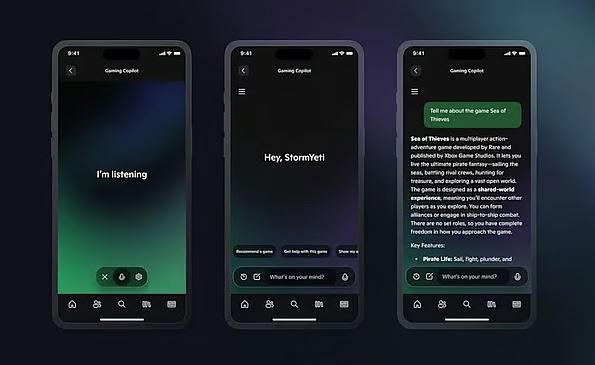A team from the US, UK and Switzerland is using artificial intelligence (AI) to effectively use cancer drugs. Using AI technology, it is being known which prostate cancer drugs will work for which patients. This will reduce the patient’s risk of death by half. Scientists have developed an artificial intelligence tool test.
AI is predicting which drugs can reduce the risk of death in patients with prostate cancer. A life-saving drug called abiraterone is being used to treat cancer. Scientists are using new AI to figure out which patients abiraterone will be useful for. The AI is advising doctors on who to give the drug to and who not to give it to. Scientist Gert Attard says the natural history of aggressive prostate cancer is highly variable. Using the new AI algorithm, doctors are recommending specific treatments for specific patients.
AI is being used to analyze tumor images. Scientists have tested biopsy images of more than 1,000 men with high-risk prostate cancer. Using the new AI test, researchers have been able to almost halve the risk of death in about 25 percent of men with prostate cancer. Abiraterone blocks the production of testosterone in all tissues of the body, including tumors. Another scientist, Professor Nick James, said that the new study shows that AI can provide information about which patients abiraterone will work well for. AI is being used to accurately show who will need the drug. The results of research on the effective use of the drug with AI were presented at the annual meeting of the American Society of Clinical Oncology.


